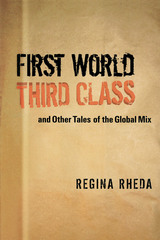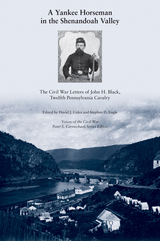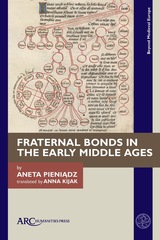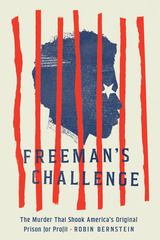
Regina Rheda is a contemporary award-winning Brazilian writer whose original voice and style have won her many admirers. First World Third Class and Other Tales of the Global Mix presents some of her finest and most representative work to an English-speaking readership. Stories from the Copan Building consists of eight tales set in a famous residential building in São Paulo. The stories, like the apartment complex, are a microcosm of modern-day urban Brazil. They are witty, consistently caustic, and never predictable.
Also in this volume is the poignant and often hilarious novel First World Third Class. It depicts young middle-class professionals and artists who, as opportunities in Brazil diminished, opted to leave their country, even if it meant taking menial jobs abroad. At the center of the narrative is Rita, a thirty-year-old aspiring filmmaker who migrates to England, and then Italy. She looks for work and love in all the wrong places, moving from city to city and from bed to bed.
The last three stories in this collection also happen to be among the author's most recent. "The Enchanted Princess" is an ironic title for a postfeminist tale of a South American woman being wooed to marry an old-world gentleman who promises to take care of her every need. "The Sanctuary" concerns the living conditions of immigrant workers and farm animals. Equally piquant in nature, "The Front" deals with ecology, labor environments, and gender politics.

In many ways, John H. Black typified the thousands of volunteers who fought for the Union during the Civil War. Born in 1834 and raised on his family’s farm near Allegheny Township, Pennsylvania, Black taught school until he, like many Pennsylvanians, rushed to defend the Union after the attack on Fort Sumter in April 1861. He served with the Twelfth Pennsylvania Cavalry, one of the Union’s most unruly, maligned, and criticized units.Consistently outperformed early in the conflict, the Twelfth finally managed to salvage much of its reputation by the end of the war. Throughout his service, Black penned frequent and descriptive letters to his fiancée and later wife, Jennie Leighty Black. This welcome volume presents this complete correspondence for the first time, offering a surprisingly full record of the cavalryman’s service from 1862 to 1865 and an intimate portrait of a wartime romance.
In his letters, Black reveals his impassioned devotion to the cause, frequently expressing his disgust toward those who would not enlist and his frustration with friends who were not appropriately patriotic. Despite the Twelfth Pennsylvania’s somewhat checkered history, Black consistently praises both the regiment’s men and their service and demonstrates a strong camaraderie with his fellow soldiers. He offers detailed descriptions of the regiment’s vital operations in protecting Unionists and tracking down and combating guerrillas, in particular John Singleton Mosby and his partisan rangers, providing a rare first-person account of Union counterinsurgency tactics in the Lower Shenandoah Valley. In the midst of portraying heated and chaotic military operations, Black makes Jennie a prominent character in his war, illustrating the various ways in which the conflict altered or nurtured romantic relationships.
One of the few compilations of letters by a long-term Yankee cavalry member and the only such collection by a member of the Twelfth Pennsylvania, A Yankee Horseman in the Shenandoah Valley provides new insights into the brutal, confused guerrilla fighting that occurred in northwestern Virginia. Moreover, these letters make a significant contribution toward an emerging consensus that Yankee cavalry—often maligned and contrasted with their celebrated Confederate foes—became a superior fighting force as the war progressed.
David J. Coles, professor of history at Longwood University, is the associate editor of the Encyclopedia of Civil War, coauthor of Sons of Garibaldi in Blue and Gray, and coeditor of the Encyclopedia of the American Civil War.
Stephen D. Engle, professor of history at Florida Atlantic University, is the author of Yankee Dutchman: The Life of Franz Sigel, Don Carlos Buell: Most Promising of All, and Struggle for the Heartland: The Campaigns from Fort Henry to Corinth.
READERS
Browse our collection.
PUBLISHERS
See BiblioVault's publisher services.
STUDENT SERVICES
Files for college accessibility offices.
UChicago Accessibility Resources
home | accessibility | search | about | contact us
BiblioVault ® 2001 - 2024
The University of Chicago Press









